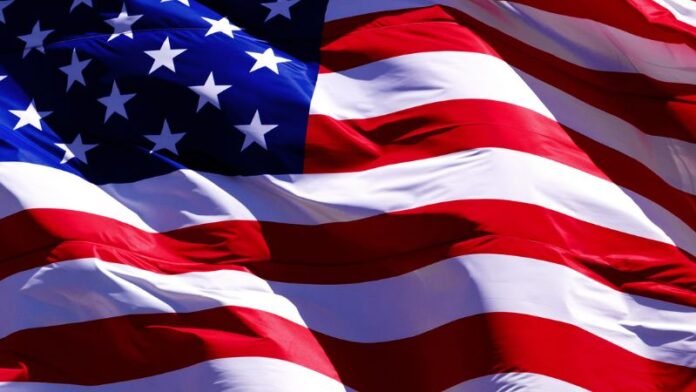The United States has revoked and denied visas for several Indian business executives and corporate leaders accused of involvement in trafficking fentanyl precursor chemicals, the US embassy in New Delhi announced on Thursday. While the names of the individuals and companies were not disclosed, the embassy confirmed that the action was taken under multiple sections of the Immigration and Nationality Act. Close family members of those targeted may also face restrictions on entering the US.
The move is part of Washington’s intensified campaign against the flow of synthetic narcotics into the country. “The embassy remains steadfast in its commitment to combating illicit drug trafficking. Individuals and organisations involved in the illegal production and trafficking of drugs to the United States, along with their families, will face consequences,” said chargé d’affaires Jorgan Andrews.
This marks the second time in 2025 that the US has announced visa restrictions on Indian nationals. In May, Washington imposed penalties on owners and executives of Indian travel agencies accused of “knowingly” facilitating illegal immigration, following the deportation of over 300 Indians via military flights — a first-of-its-kind operation.
The fentanyl crisis has been a major political issue in the US, with the Trump administration issuing several executive orders aimed at curbing narcotics smuggling and demanding reforms from countries that serve as sources of illicit drugs and chemical precursors. The embassy reiterated that stemming the flow of fentanyl and its raw materials is a top priority for Washington and emphasized its cooperation with Indian authorities in addressing the challenge.
The development follows a major case earlier this year when the US Justice Department charged two India-based companies — Raxuter Chemicals and Athos Chemicals — and Raxuter co-founder Bhavesh Lathiya with conspiring to distribute fentanyl precursors to the US and Mexico. Lathiya was arrested in New York City on January 4 and arraigned before the Eastern District of New York. Prosecutors alleged that the companies used international mail and package carriers, mislabelled products, falsified customs forms, and submitted fraudulent declarations to avoid detection at borders.
India has been under increasing US scrutiny in recent years due to concerns that some chemical exporters may be diverting legal shipments into illicit markets. While fentanyl itself is not widely abused in India, its precursor chemicals are legally manufactured in the country for pharmaceutical and industrial purposes — raising risks of diversion into the black market.
The embassy clarified that while it could not disclose the names of the companies or individuals affected by the visa action, executives linked to firms already flagged for suspicious activities will now face enhanced background checks and visa scrutiny. Officials stressed that both governments need to work together against the growing transnational threat.



